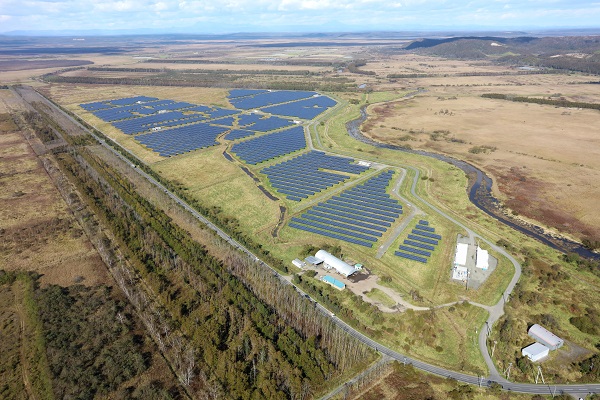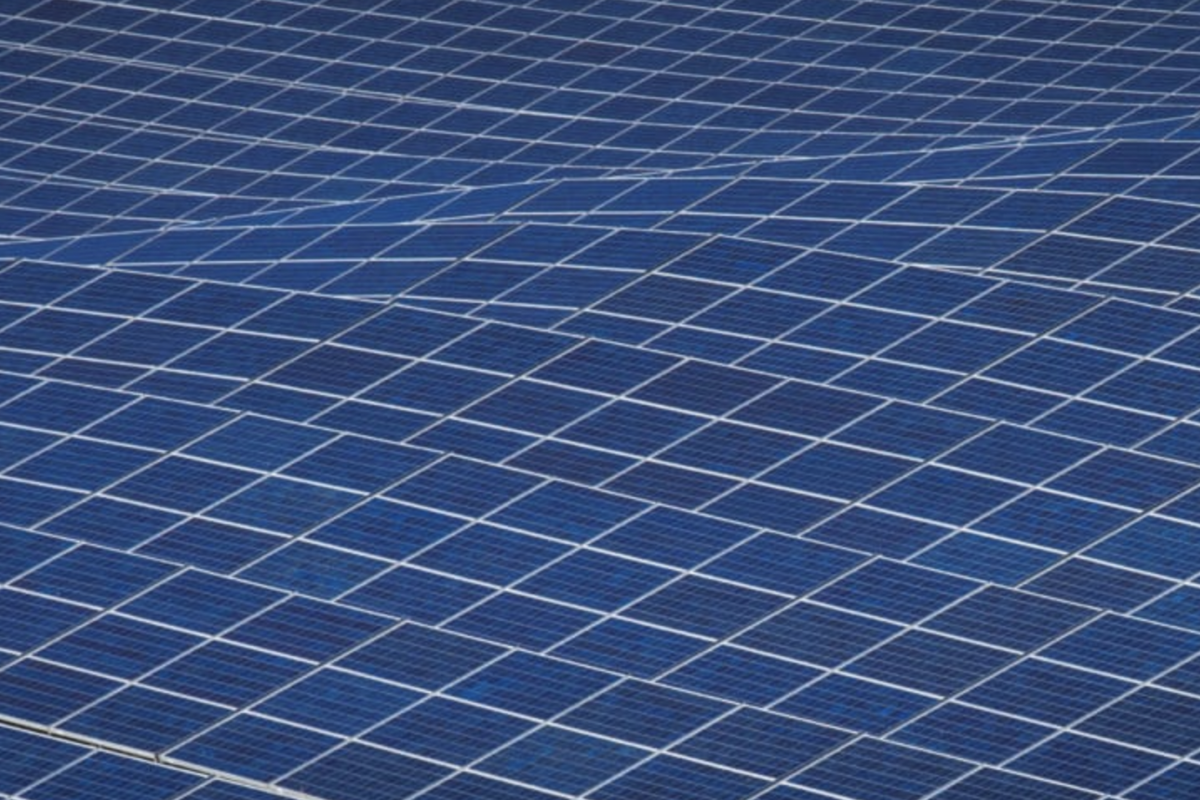The Japanese construction firm developed the storage system, which has a total output of 10 MW, in cooperation with Mitsubishi Electric and Kyoto-based battery producer GS Yuasa. Obayashi Clean Energy began building the solar project in Kushiro, on the Japanese island of Hokkaido, in March 2015. It started operating the PV array and battery system in early April of this year.
The containerized battery bank will mainly be used to manage short-term output fluctuations for Hokkaido Electric Power. As a condition for grid connection, the regional utility now requires solar projects above 2 MW in size to include battery systems to offset output variability.
Last July, Obayashi and GS Yuasa were two of 14 companies that jointly launched a state-financed virtual power plant (VPP) pilot project under Japan’s Ministry of Economy, Trade and Industry. The initiative also includes Sumitomo Electric Industries, which a 60 MWh vanadium redox flow battery bank in Hokkaido in 2013.
Beyond Hokkaido Electric Power, other regional utilities have also started deploying storage systems at PV projects in Japan. In March of this year, U.S.-based Aquion Energy announced plans to install its Aspen 48M-25.9 battery, a scalable saltwater storage system, in cooperation with Kyushu Electric Power at a solar array in Kagoshima prefecture. The PV+storage system will be completed in the third quarter of this year.
This content is protected by copyright and may not be reused. If you want to cooperate with us and would like to reuse some of our content, please contact: editors@pv-magazine.com.



By submitting this form you agree to pv magazine using your data for the purposes of publishing your comment.
Your personal data will only be disclosed or otherwise transmitted to third parties for the purposes of spam filtering or if this is necessary for technical maintenance of the website. Any other transfer to third parties will not take place unless this is justified on the basis of applicable data protection regulations or if pv magazine is legally obliged to do so.
You may revoke this consent at any time with effect for the future, in which case your personal data will be deleted immediately. Otherwise, your data will be deleted if pv magazine has processed your request or the purpose of data storage is fulfilled.
Further information on data privacy can be found in our Data Protection Policy.